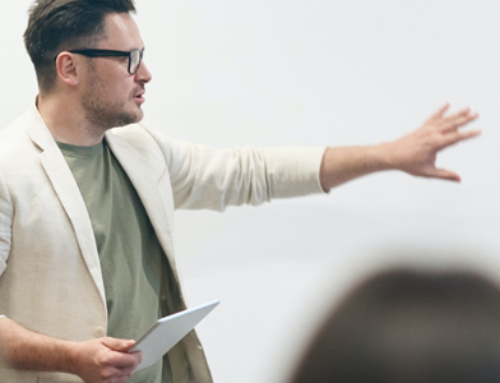We are all aware of the prevalence and growth of the Internet as an information sharing tool and many have come to grasp the shift from our previous era of top down media production to consumption flow, which was controlled by few, to a more level playing field (available to many) due to cheap and accessible means of production (Digital Media Technology) and freely available distribution channels (Internet and the power of social media networking platforms).
More simply put, the nature of collective knowledge creation has changed.
Pre-Internet Dissemination of Knowledge Flow
The Changing Nature of Knowledge
George Siemens suggests in his book, Knowing Knowledge, that those who have in the past formed the privileged elite writing books and documentaries for one-way mass consumption are now becoming the dinosaurs of the digital age. We now have legions of interested, capable individuals able to not only comment on this sort of work (immediately) but to produce work of their own adding to, commenting on, or outright contradicting the opinions of those who, in the past, would rarely be the subject of such public scrutiny outside of their professional circles.
Production Comes to the Masses
Through the advent of the internet and the digital tools that have been developed alongside it, anyone with a computer now potentially has a voice, or at the very least, an entryway into the conversation that was previously unavailable. The quality of what one has to offer is itself largely impacted by the level to which these new authors participate in ongoing conversations they have through some of the very same digital tools they are using to impact on the very same knowledge they come into contact with through.
Distribution Available to All Through Social Media & PLN
While all these new authors have access to the multi-directional information matrix of the Internet, the quality of what we have to say remains the judgement of those receiving. For that matter, the ability to find interested parties and to link with them is a fundamental new skill in this new knowledge creation paradigm.
Twitter, LinkedIn, even Facebook all offer the opportunity to find and connect with those interested in the same subsets of information that form part of our intentionally created connected world. By learning how to use social media for professional development and engagement and spending time developing our Professional Learning Networks (PLN) we can become more effective communicators and knowledge brokers ourselves.
As the image below relates, those not actively participating in effective PLN’s are missing out on many facets of interaction that would lead to more effective distribution of their ideas which would, in turn, lead to greater construction of individual understanding through engagement and impact on the constructed meanings and knowledge of others in this reiterative process.
Some NEW Basics for Schooling (Visual Literacy, Networking & Distribution)
We have now seen how the top down nature of the knowledge for consumption era is coming to an end. We have explored at a very surface level how individuals may participate in more meaningful ways with the knowledge that is being disseminated and, in fact, become more meaningful co-creators of knowledge themselves. With all of the information and knowledge traffic created, however, just adding to it is not necessarily of value in itself.
In just a week, there will be 250 times more information then there was in all of human history. Again this is over simplified and not entirely accurate but the point is that information growth is completely out of control.
Directing one’s own learning in this environment of information overload in order to come into contact with information we are likely to need becomes a vital skill in this new order.
We must learn the new basics if we wish to remain relevant and wish to be heard ourselves.







